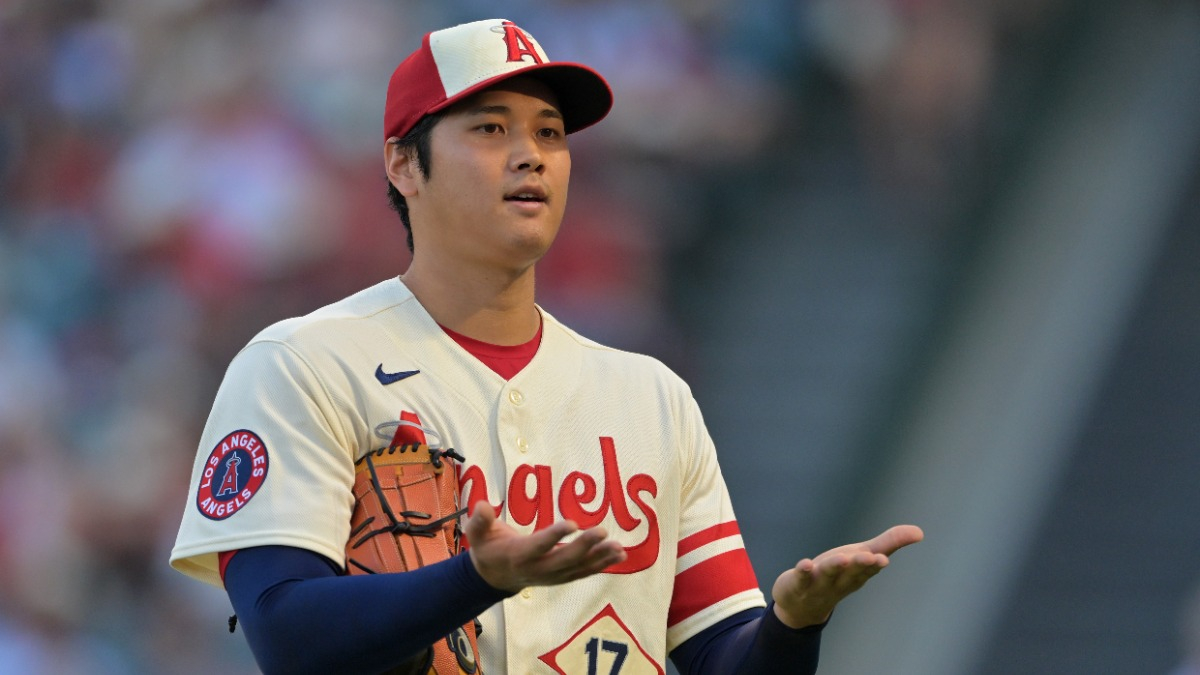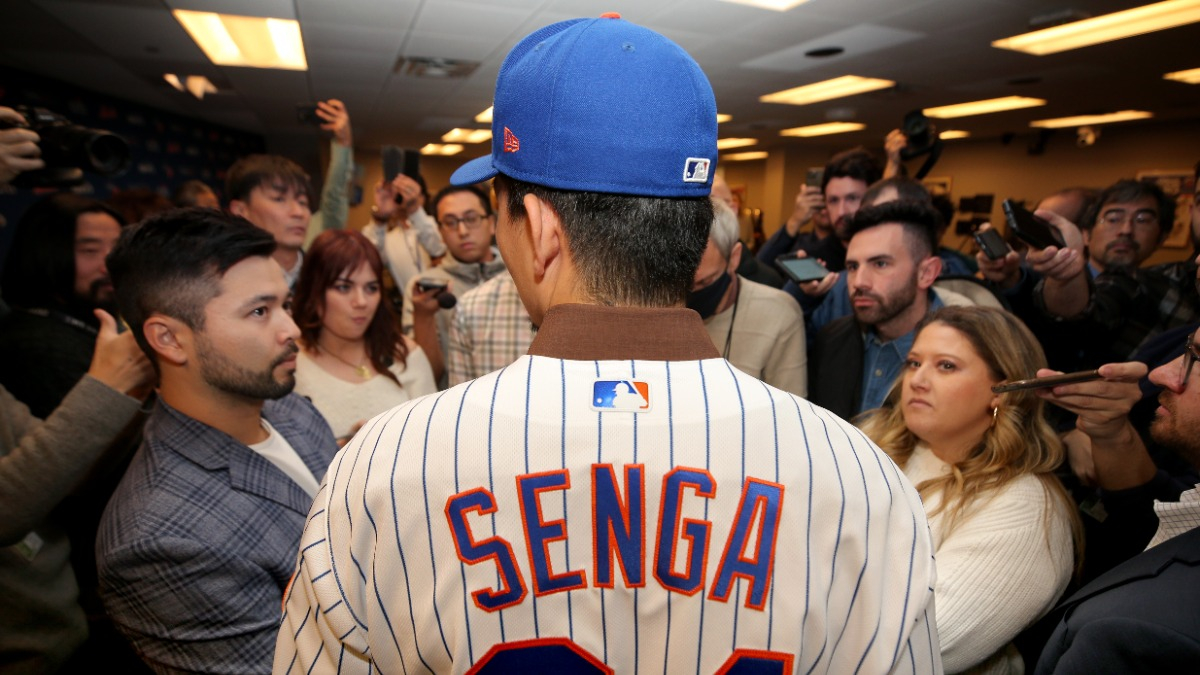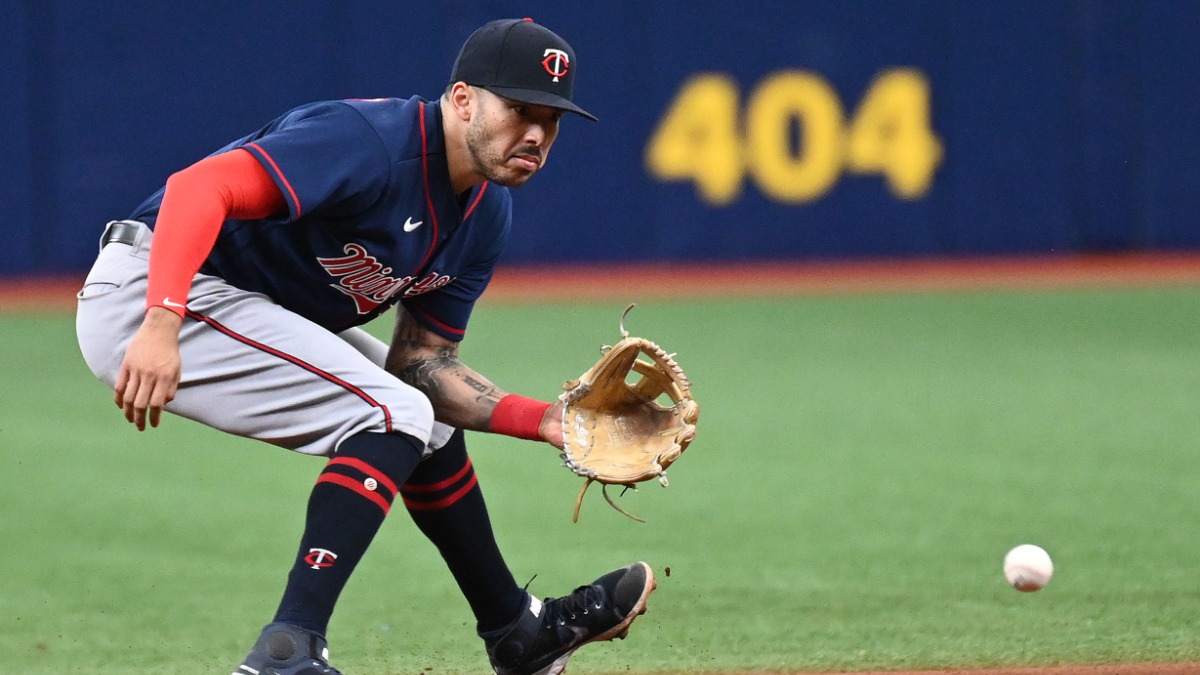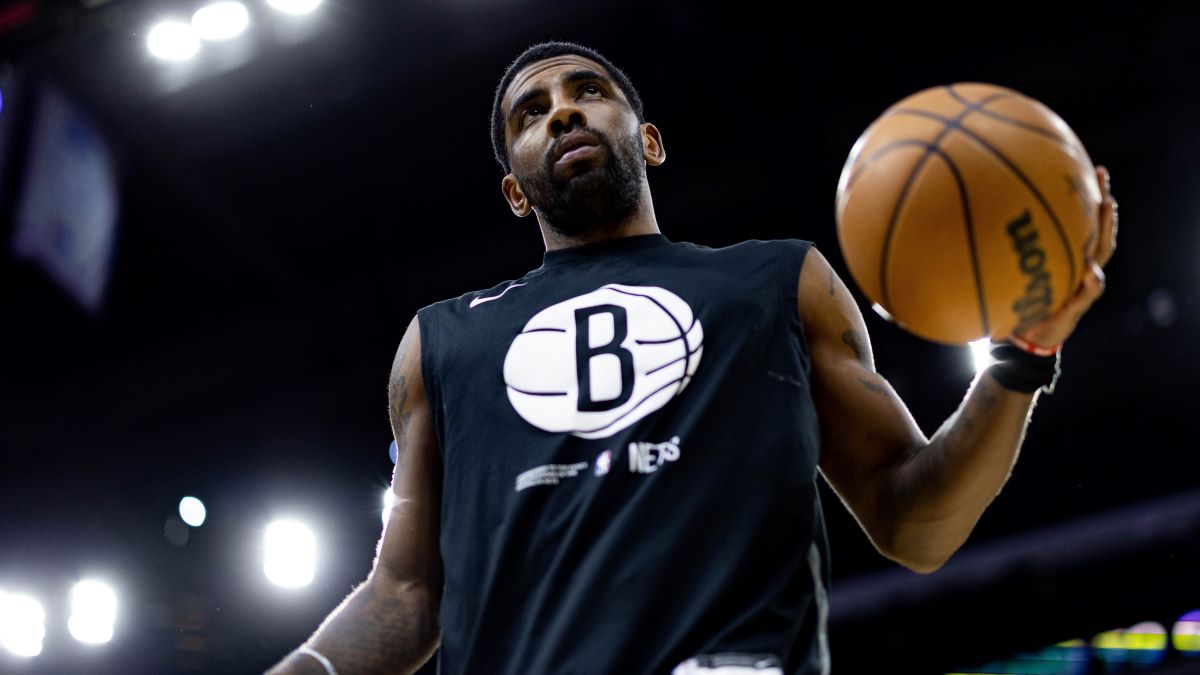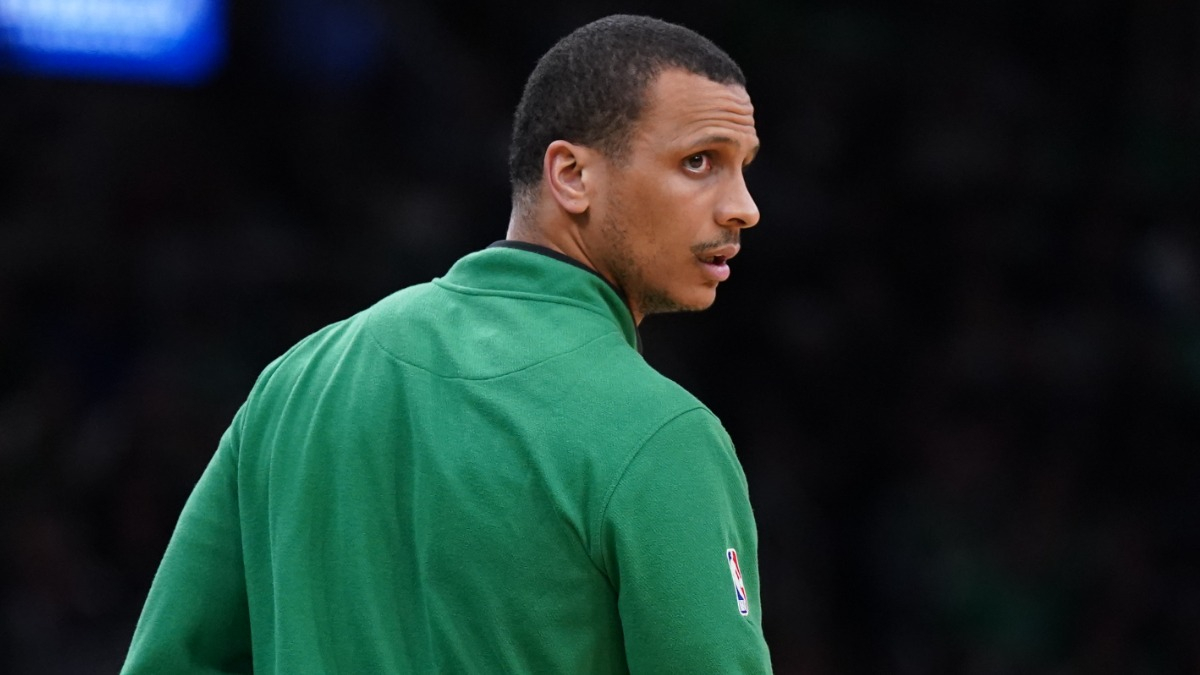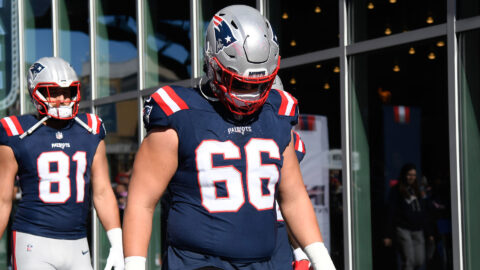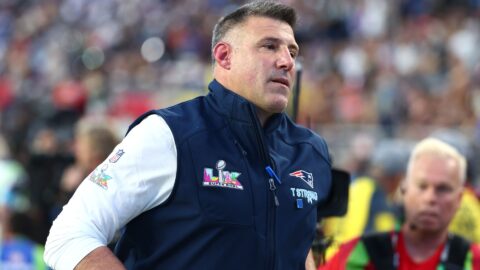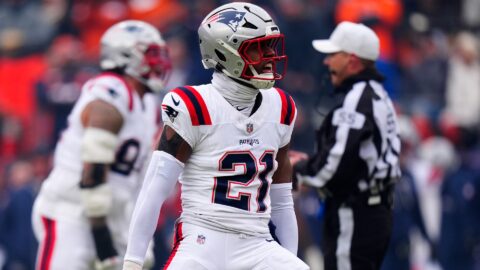Shohei Ohtani is set to become a free agent next offseason, and his availability on the open market might truly test the New York Mets' spending power.
The Mets have operated under owner Steve Cohen like they'll do whatever it takes financially to build a World Series-winning roster, but the price tag for Ohtani could be astronomical when you factor in New York's luxury tax situation. Will Cohen pump the brakes or push in all his chips?
The current collective bargaining agreement includes four luxury tax thresholds, with the first tier beginning at a $230 million payroll and the fourth tier beginning at a $290 million payroll. The fourth tier has commonly been referred to as the "Cohen Tax," with harsh penalties geared toward leveling the playing field by deterring Cohen from spending wildly.
Cohen is by far the richest owner in Major League Baseball, and he hasn't been shy about flexing his financial muscle. The Mets have by far the highest payroll in MLB ahead of the 2023 season. They're the only team slated to surpass the $290 million threshold.
So, how does this all apply to Ohtani?
Well, consider this: The Mets, as second-time offenders in 2023, will be subject to a 90% tax on every dollar they spend past the $290 million threshold. It'll be a 110% tax in 2024, assuming New York continues its lavish spending and doesn't dip back under the threshold.
It's been speculated that Ohtani could land a $500 million contract in free agency. If Ohtani secures, say, a $50 million per year salary, that then would cost the Mets $105 million annually by virtue of the 110% tax.
Not enough to scare the Mets away? The New York Post's Jon Heyman wrote Thursday that one high-ranking executive predicted a "reckoning" in four years when the current CBA expires, which theoretically could make spending crazily even more expensive for Cohen as Ohtani works through his next deal.
"At 110 percent tax, a potential $50M Ohtani salary would cost him $105M annually," Heyman wrote. "But other owners could press for even higher tax rates. Even at 110 percent, a 10-year, $500M deal would cost Cohen more than $1 billion. (One rival predicted that for this reason, he expects the big new spender, the Padres -- whose tax rate isn't nearly that high -- to be high bidder.)"
Of course, the Mets could cut corners in other areas to minimize the damage while pursuing Ohtani. Or heck, Cohen could back up the Brinks truck regardless, assuming Ohtani plays out this season with the Los Angeles Angels and hits free agency as most expect.
Still, the luxury tax implications are worth considering when evaluating the Mets as a possible frontrunner for Ohtani. Their pockets are deep, no doubt, but are they bottomless? We'll see.

